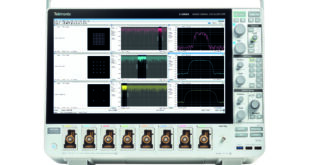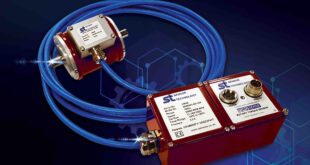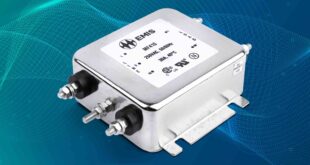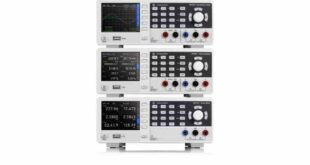The qualification, which validates the quality and reliability of RTG4 FPGAs as well as the company’s qualification and manufacturing screening processes, enables easier design of Microsemi’s flash technology into space applications due to the streamlined process of working with QML-qualified products.
To achieve QML Class Q qualification, Microsemi leveraged the results of its MIL-STD-883 Class B qualification, in which RTG4 FPGAs passed a series of environmental tests to determine resistance to deleterious effects of natural elements and conditions surrounding defence and space operations, as well as mechanical and electrical tests.
Upon completion of the MIL-STD-883 Class B qualification, RTG4 units from multiple wafer lots successfully completed 1,000-hour high temperature life tests.
As part of Microsemi‘s commitment to high reliability, these units were then taken through more high temperature life tests, exceeding the requirements of MIL-STD-883 Class B.
The units have now successfully completed 4,000-hour high temperature life tests, again validating the high reliability of the company’s RTG4 flash cells in extreme conditions.
As Microsemi is already a QML-V certified manufacturer of high reliability FPGAs for space applications, achieving the recent QML-Q qualification for its RTG4 FPGAs further strengthens its leadership position in the market and reflects the company’s focus on developing solutions to meet the increasing demands of modern satellite payloads.
In addition to satellites, its RTG4 FPGAs are suited for applications including space launch vehicles, planetary orbiters and landers, and deep space probes.
According to Euroconsult’s report titled, “Satellites to be Built and Launched by 2024,”60% more satellites will be launched by 2024 versus the past decade. This increase is driven primarily by civilian government agencies as established space countries replace and expand their in-orbit satellite systems and more countries acquire their first operational satellite systems.
The new QML qualification from DLA aligns with Microsemi‘s focus on delivering industry-leading space-level capabilities, technologies and products.
With the recent qualification for its RTG4 FPGAs, customers can now procure the spaceflight FPGAs screened to B-flow per MIL-STD-883 Class B specifications and Microsemi’s Extended Flow (E-Flow) using DLA’s standard microcircuit drawing (SMD) and designated part numbers. More information can be found in the company’s DLA Cross Reference Guide.
The devices feature reprogrammable flash configuration, making prototyping easier for customers.
RTG4’s reprogrammable flash technology offers complete immunity to radiation-induced configuration upsets in the harshest radiation environments, without the configuration scrubbing required with SRAM FPGA technology.
RTG4 supports space applications requiring up to 150,000 logic elements, and each includes a LUT4 and a flip-flop with built-in triple module redundancy (TMR).
The devices also features total ionising dose (TID) beyond 100 kilorads, as well as high system performance of up to 300 MHz without single event transient (SET) mitigation.
The RTG4 Development Kit features Microsemi‘s Libero SoC Design Suite, offering high productivity with its comprehensive, easy to learn, easy to adopt development tools for designing with Microsemi’s radiation-tolerant FPGAs.
The suite integrates industry standard Synopsys SynplifyPro synthesis and Mentor Graphics ModelSim simulation with best-in-class constraints management, debug capabilities and secure production programming support.
 Engineer News Network The ultimate online news and information resource for today’s engineer
Engineer News Network The ultimate online news and information resource for today’s engineer





